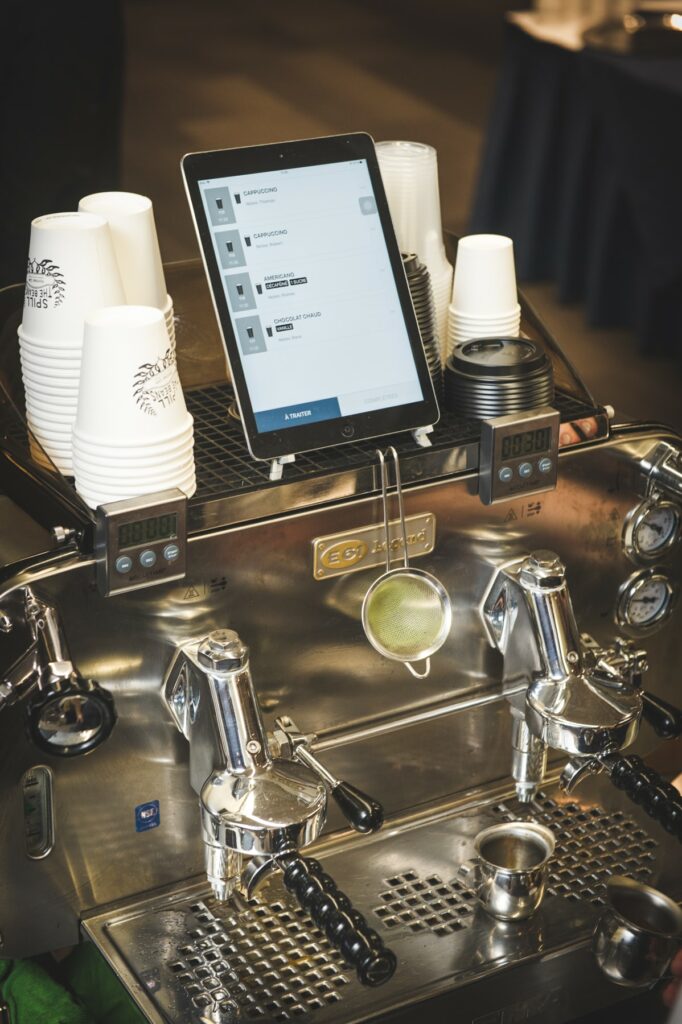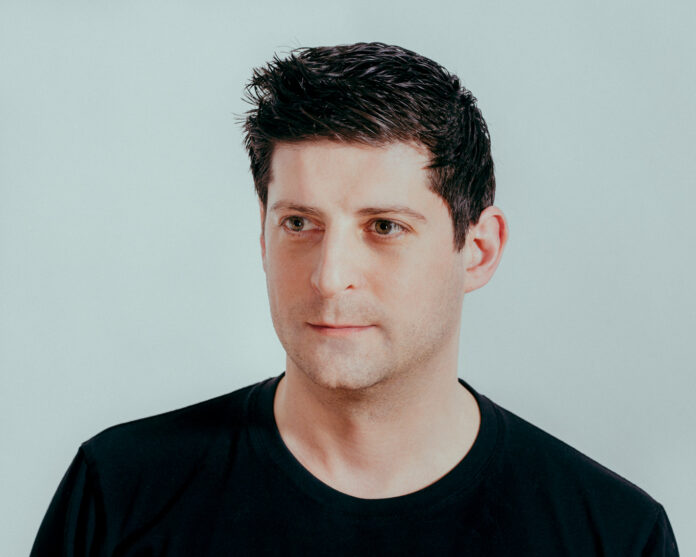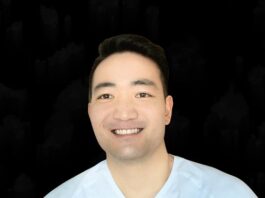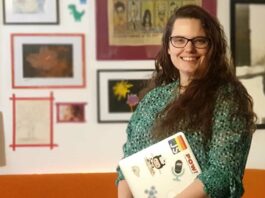Today’s world is all about speed. As for the way we eat, everything is moving towards self-service, kiosks, and mobile service. What started out as a trend reserved for only mega chains is evolving into the next normal.
The backbone of a successful restaurant operation is increasingly dependent on the technology it employs. An agile point of operation system (POS) and business intelligence are two of the major pillars.
The burst of limited service restaurants (LSRs) falls in alignment with this modern, convenience-led lifestyle. The problems they face on a technical level vastly differ from sit-down establishments. Whereas restaurant establishments rely on fewer customers and larger order sizes to capture revenue, LSRs have complete opposite objectives as their name suggests: Limited service. However, the one common factor that never changes is customer experience.
For limited service restaurants, the customer’s number one priority is how fast they can get their order in and out. As well, getting as many orders as possible within the restaurant’s busiest windows. The medium between the customer and the back of house is the POS. Unfortunately, most POS systems are designed for generality and cannot accommodate the specialized needs of this segment of the restaurant market.
This is where niche technologies like David Nadezhdin’s Master Your Rush POS can play a big role in bridging this gap.
Meeting this uncurbed need for a POS that’s tailored towards LSR’s volume-centric business model is what the team at Master Your Rush is working towards. For them, every second counts.
David Nadezhdin is a serial entrepreneur who’s had a diverse career, with both cinematography and developing a med-tech company under his belt. He shared with us the mental processes behind creating a unique product, the not-so-secret sauce to finding product-market fit, and what the ideal team looks like to him for building disruptive startups.
Interviewer: You studied both health sciences and film production. Would you say having a more well-rounded educational background helped you in your entrepreneurial pursuits?
David: I didn’t know it at the time, but 100% it helped. The more you could study anything that has to do with problem-solving or you’re studying the methodology of how to get to a certain answer, the better. These traits were apparent in health sciences, and perhaps not as apparent in cinema and film production, but I was a cinematographer and I can attest to the fact that what you do on the day-to-day has a lot to do with breaking down concepts and creating a product from nothing but a vision.
In cinematography, you have to understand what the director wants from a psychological aspect or a cultural aspect. Then, you bring in your creative ideas and break that down into technicalities.
You need to figure out how you’re going to shoot it, how to move the camera, what lenses to use, and the type of lighting and location that would make the most sense for your project. Then logistics: number of shooting days, people, budgets, where the electrical outlets are…etc.
The point is, once you get good at deconstructing a problem or an idea and then, building up an orchestra, it’s easier to carry this over into your entrepreneurial pursuits. That’s what it’s all about. That, and being able to create effective teams of people that can work well with and compliment each other.
Interviewer: You mentioned how important collaboration is when you’re building any type of business. Have you found any challenges, especially on the operational side while you were building Master Your Rush?
David: It is the hardest thing. My advice to anybody is to find yourself a chief operating officer at the beginning. This is someone who is focused on the details of how are you going to work on a daily, weekly, and monthly basis and understands it. And of course, bring on a CFO to ensure your finances are in check.
The biggest advice I have in general is don’t take anything for granted. Learn everyone’s roles; not as deep as you can because that’s their role, but if we’re going to go back to the composer analogy— if you don’t know that the violin has four strings, you won’t be able to tell if something is wrong.
As the CEO or the composer, it’s your responsibility to ensure that everyone is on the same page and that people understand what is expected of them and they work well with each other.
Those are the two main things, operations, and finances. Make sure that you have people that you can rely on that who will be able to explain things to you when you need to understand them.
When it comes to hiring people for your team, I always think of it as war. If I had to go into the trenches, who would I want there with me? Find those people and make sure they know what you want them to do. They should be able to execute and trust you enough that they’re willing to go to those lengths with you. That’s the number one thing.
It’s easy to get enamored by people’s resumes, but in the startup world what it comes down to is whether they’re going to grind it out when it’s needed.
Interviewer: Were there any pivots MYR had to make during the pandemic?

David: The main pivot that we did during the pandemic was we went into action whereas everyone else wanted to stop spending money and wait until the pandemic was over.
Because we kept working hard, we boomed. Prior to that the biggest non-pivot that we did, was based on our niche. Many of my shareholders, employees, and people, in general, said that we should pivot to doing table service, alongside quick service.
My non-pivot was saying, “No, we’re not going to do that.” It’s like if I’m Range Rover and I’m building an amazing off-road vehicle, the Defender, and then someone’s like, “Hey, you should make it into a comfortable sedan as well.” Why would I do that? BMW is doing that better than I am, so let them do that, and I’m going to do this, and I’m going to be the best of this. Sometimes you shouldn’t pivot; you want to stick to what you’re good at and get those results as good as they can be. You have to ask yourself if that pivot will be worth it for you in the long run, or whether it’s just a short-term benefit.
That’s why it’s called “Master Your Rush”.
Interviewer: Are there common technical shifts you’ve observed post-pandemic for LSRs?
The pandemic accelerated everything. It turned a potential trend into an actual change. A trend is just. “Oh, this is fashionable,” but is it going to stick and remain as the new way of doing things? The pandemic made it very clear, that those quick service restaurants, where you pay before you eat, are all about the volume of orders. Even before the pandemic, this was already becoming a new reality. What’s happening worldwide is that real estate prices, wages, and food costs are all going up, meaning that full sit-down restaurants are no longer sustainable. And time is a big factor. Fewer people have time these days to sit down at restaurants; people want things delivered or on the go. Hence, the domination of all these food delivery apps—Uber Eats, DoorDash, and SkipTheDishes.
Eventually, what we’re going to see is a virtual food court where people can place one order and get food from a variety of restaurants that will arrive on their doorstep with one delivery.
That’s what people want and that’s where it’s going.
Interviewer: When it comes to product development and engineering, is there a specific process you subscribe to? I ask this because often entrepreneurs invest massive time and energy creating products they ‘think’ the market needs, and sometimes to their disappointment, it turns out it’s the wrong product-market fit.
David: That comes down to a lot of falling on your face and getting back up. There’s no secret sauce to it except trial and error.
In the field of med-tech, which is what I built my last company in, the technology you build is heavily regulated and you have no choice but to follow an ISO program like ISO 9001, for quality assurance. In medicine, there’s one called ISO 1345. It is highly focused on root cause analysis.
This is not an easy task to master. Forget even mastering, it’s not even an easy task to understand. This is because it relies on your sole ability to keep asking questions, even though people are fed up with your questions.
I’ll give you a simple example from Master Your Rush. In our POS, people ask, “Why don’t you have pictures? We want pictures for the items.” Now let’s break down what this would actually translate to. When you have pictures of all these different types of coffee, it becomes hard to differentiate between a cortado and a flat white, especially when they’re taken from the top.
The important question here is, how long does it take the human brain to analyze the picture associate it with the word, then question, is it the right picture versus just simple muscle memory?
The shortest path to success is muscle memory, which we’ve built. Knowing how to ask the right questions, ones that involve root cause just comes with experience.
Interviewer: What are your outlooks on loyalty programs and subscription models for LSRs? How does MYR plan to stay ahead of the curve in terms of integration?
David: We’re not sure yet, but what we do know is that for loyalty— keep it simple. Everybody is trying to mimic McDonald’s, but you know what? McDonald’s is McDonald’s. They’re a multinational brand that yields an enormous amount of power—so they’re the exception.
Unless you’re in that league, know your place, that’s my advice. Know your place and know where you are, if you’re a successful coffee shop around the corner, just give a free coffee for every 10 that they buy. That’s loyalty.
Again, avoid the trends. Rather than loyalty, create more personalized engagement based on good business insights. That’s where we’re trying to stay ahead of the curve. One example of that is we have all of our B2B data from all of our customers, as well as the data of their customers which are also cross-pollinating amongst all the different types of restaurants in the neighborhood. Therefore, we have the power to eventually tell a coffee shop, you should raise the price of your cappuccino by 30 cents, and you won’t see a change in orders. These kinds of tools are revolutionary and that’s how we plan to stay ahead— by really diving into business intelligence to generate interested customers.
Interviewer: What does success mean to you personally?
David: I think that success for me is having a team that wants to work together through the thick and thin despite having their arguments and pet peeves, but at the end of the day we’re able to move past it and work hard at the next thing. I always compare it to being in combat— like having a phenomenal group like Navy Seals, with which you feel confident you can go through any mission with this team.
At MYR, we really prioritized profitability over growth. Meaning I’d rather hire someone that can do the job of three, not to make them work long hours, but just because we’re only going to go for the quality. Ironically, tech companies that were focused on growth during or before the pandemic, are all now running the other way. Meanwhile, we’re already cash flow positive operationally.
Interviewer: Intuition worked out for you in that sense.
David: Exactly, having intuition there and then having the team that stands behind you on that, I think that’s success. You might have to beat your head against the wall with VCs or shareholders, but if your team is like, “No, we got you.” I don’t think there’s anything more rewarding.
Conclusion
The thought processes and stories David shared alluded to the notion that there is no single pathway when it comes to any aspect of entrepreneurship. A fair degree of flexibility, emotional intelligence, and intuition building is necessary to get a business off the ground and running. Even then, there are a fair amount of hefty decisions that need to be made that sometimes, have to go against the grain.
This is particularly true when one is trying to build something that doesn’t yet exist.
Given that mastery in any subject does not happen overnight, it is evident that focus, granularity, and lifelong experimentation are a few of the tenets to mastering not only the business but perhaps as a precedent to it—yourself.



